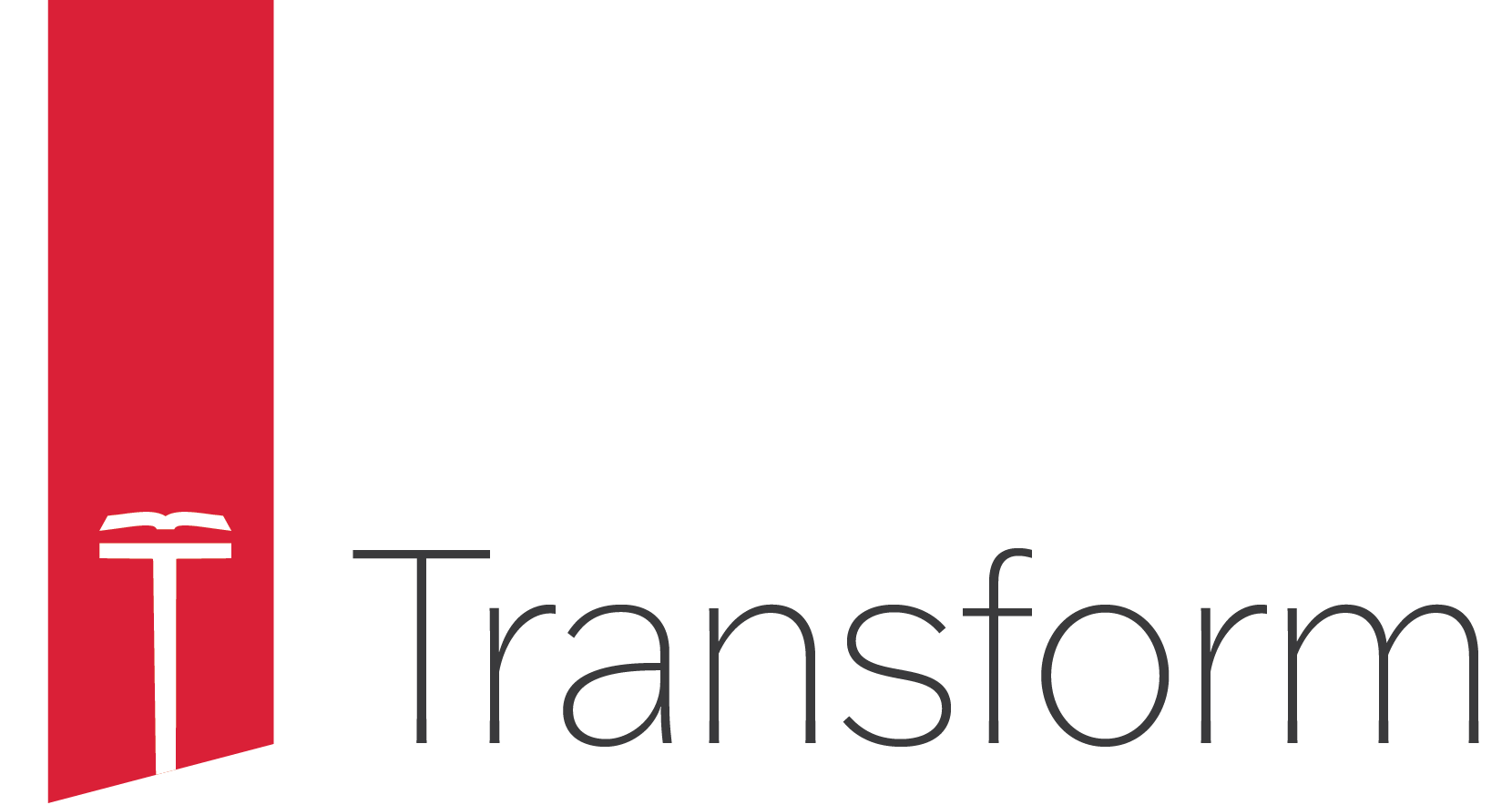Medieval Church History I - The Rise of Medieval Christianity
Course Features:
This course covers key historical and theological developments in the early medieval period that contributed to the rise of medieval Christianity (c. 500-1085 AD): the rise of the papacy, monasticism, missions, evangelism, challenges to church authority during the Gregorian era, Eastern Orthodoxy, key theological debates (predestination, Christ’s presence in the Eucharist, atonement). The course begins with the fall of Rome and the role of Gregory the Great in shaping medieval Christianity, ending with the papacy at the height of its power and influence under Pope Gregory VII.
This course covers key historical and theological developments in the early medieval period that contributed to the rise of medieval Christianity (c. 500-1085 AD): the rise of the papacy, monasticism, missions, evangelism, challenges to church authority during the Gregorian era, Eastern Orthodoxy, key theological debates (predestination, Christ’s presence in the Eucharist, atonement). The course begins with the fall of Rome and the role of Gregory the Great in shaping medieval Christianity, ending with the papacy at the height of its power and influence under Pope Gregory VII.
Meet the Professor
Dr. Maarten Kuivenhoven
Dr. Maarten Kuivenhoven earned his BA in Honors History from the University of Western Ontario (2004), his MDiv from Puritan Reformed Theological Seminary (2010), and his ThM from Puritan Reformed Theological Seminary (2011). He completed a PhD from Calvin Theological Seminary (2019), writing his dissertation entitled “Songs of the Son: Exegetical Method, Christology, and Piety in Reformation and Post-Reformation Interpretations of Select Messianic Psalms.” He is an ordained pastor in the Heritage Reformed Congregations (HRC) and previously pastored the Heritage Reformed Congregation of Grand Rapids, MI, from 2010-2022. He is married to Jennifer, and they have five children.
Patrick Jones - Course author

